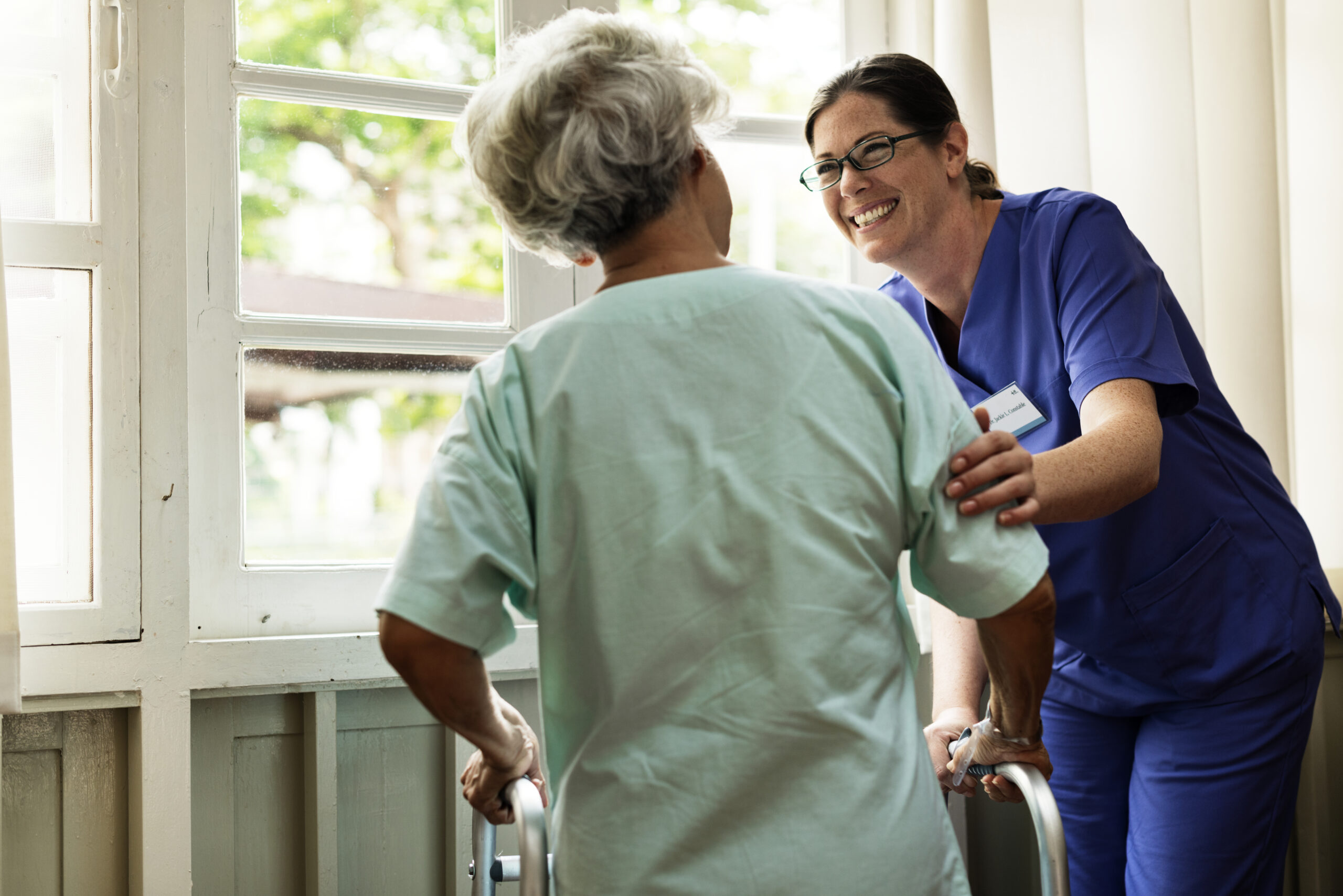Colon Cancer Screening in San Antonio, TX
What is a colon cancer screening?
Colorectal cancer ranks as the third most commonly diagnosed cancer but is also highly preventable. The large intestine, consisting of the colon and rectum, absorbs water and nutrients from digested food and stores waste until it is expelled from the body.
A colon cancer screening involves examining the inner wall of the colon and rectum for polyps and cancerous growths, even when no gastrointestinal symptoms are present. Polyps are noncancerous growths that can potentially become cancerous over time. Detecting and removing these polyps and malignant tumors early can prevent severe complications and reduce the risk of death from colon cancer.
At San Antonio Gastroenterology Associates, our board-certified GI providers regularly perform colon cancer screenings. We recommend that all patients begin these screenings at age 45. To schedule your screening, contact a San Antonio, TX location near you.

What are the benefits of colon cancer screenings?
Routine screenings for colon and rectal cancer are crucial for maintaining overall and gastrointestinal health. While several screening methods exist, such as stool testing, a colonoscopy remains the most effective strategy for colorectal cancer prevention. The benefits of colorectal cancer screenings include
- Life-saving potential
- Early cancer detection
- Polyp removal
- Cancer prevention
- Identification of other gastrointestinal issues
Colon cancer often shows no symptoms until it has progressed. Regular screenings enable your physician to detect any issues early, ensuring timely treatment and better health outcomes.
What colon cancer screening options are available?
Discussing screening options with your GI provider is essential to determine the best approach and timing. Various tests are available for colon cancer screening, each with its own methodology and benefits:
- Flexible sigmoidoscopy: This test uses a sigmoidoscope to view the inside of the rectum and lower colon. A tube with a camera is inserted through the rectum, allowing the doctor to see images of the inner walls on a monitor. It can also be used to biopsy or remove polyps. However, to examine the entire colon and remove all polyps, a colonoscopy is required. This procedure is generally safe but carries a slight risk of bowel tear, bleeding, and infection.
- Colonoscopy: A colonoscope, which is longer than a sigmoidoscope, examines the entire colon. The physician inserts the colonoscope through the rectum and views the colon’s inner walls on a monitor. This procedure allows for biopsies and polyp removal. Sedation is necessary, and there is a small risk of bowel tears, bleeding, or infection. This is the primary strategy for colorectal cancer prevention.
- Virtual colonoscopy: This noninvasive technique involves a computed tomography (CT) scan of the colon. The patient lies on a CT scanner table, which takes cross-sectional images of the colon. No sedation is needed. If abnormalities are detected, a traditional colonoscopy is required for polyp or tumor removal.
- Double-contrast barium enema: A tube is inserted into the rectum, and barium sulfate, a white chalky liquid, along with air, is pumped into the colon. This lines the colon walls, allowing X-ray images to reveal any abnormalities. If any are found, a colonoscopy is needed to remove polyps or tumors.
- Fecal tests: These tests use stool samples and are completely safe. While fecal tests may not confirm the presence of cancer, they can indicate abnormalities in the gastrointestinal tract, necessitating further tests. If the results are positive, a colonoscopy is repeated to confirm and remove any cancerous growths. There are three types of fecal tests:
- Fecal occult blood test: Detects hidden blood in the stool through a chemical reaction.
- Fecal immunochemical test: Identifies hidden blood using an immunochemical reaction specific to a blood protein.
- Stool DNA test: Looks for abnormal DNA genes from cancerous cells or polyps in the stool sample.
Who is at risk for colorectal cancer?
Understanding the risk factors for colon cancer is crucial for prevention and early detection. Here are the groups of people who are at higher risk:
- Individuals over 45 years old
- Those with inherited familial adenomatous polyposis, a condition that causes the development of numerous polyps in the colon and rectum
- People with a prior history of colon cancer
- Women who have had breast, ovarian, or uterine cancer
- Individuals with close family members (parents, siblings, or children) who have had colon cancer
- People with chronic inflammatory bowel diseases, such as ulcerative colitis and Crohn’s disease
- Individuals with sedentary lifestyles, poor dietary habits, and those who smoke
Colon Cancer Screening FAQs
Why is having colon cancer screenings important?
Colon cancer commonly arises from irregular growths in the colon or rectum referred to as polyps. With a colonoscopy, these precancerous polyps can be extracted to help decrease the chance of and possibly even prevent the development of colorectal cancer. Routine screenings for colorectal cancer may also help identify cancer that has already progressed. If colorectal cancer is detected in the early stages, it can be simpler to address.
When should I begin colon cancer screenings?
Individuals who are at average risk should start periodic colon cancer screenings at 45. Patients who carry a greater risk might need earlier screenings. Your GI physician can help you determine when you should begin your screenings for colon cancer.
How frequently should I have a colon cancer screening?
The intervals at which patients should undergo colon cancer screenings may depend on the type of test being conducted. Typically, people who are 45 and over should undergo a colonoscopy screening once every decade when they are of average risk of developing colon or rectal cancer and experience normal colonoscopy results. Patients with a significantly high risk should undergo colonoscopy screenings a minimum of once every five years. To determine how frequently you should schedule screenings for colon cancer, please talk to your GI doctor.
What can I do to prepare for a colorectal cancer screening?
The recommended preparatory instructions for a colorectal cancer screening will vary according to the type of screening you are having. When having a colonoscopy exam, detailed information on how to prepare will be provided to you by your gastroenterology team prior to your procedure to clear out your bowel. Your gastroenterologist may also provide additional instructions to follow for several days leading up to your screening. It is vital to abide by your doctor’s instructions to help make certain they can find any concerns when conducting your screening for colorectal cancer.
